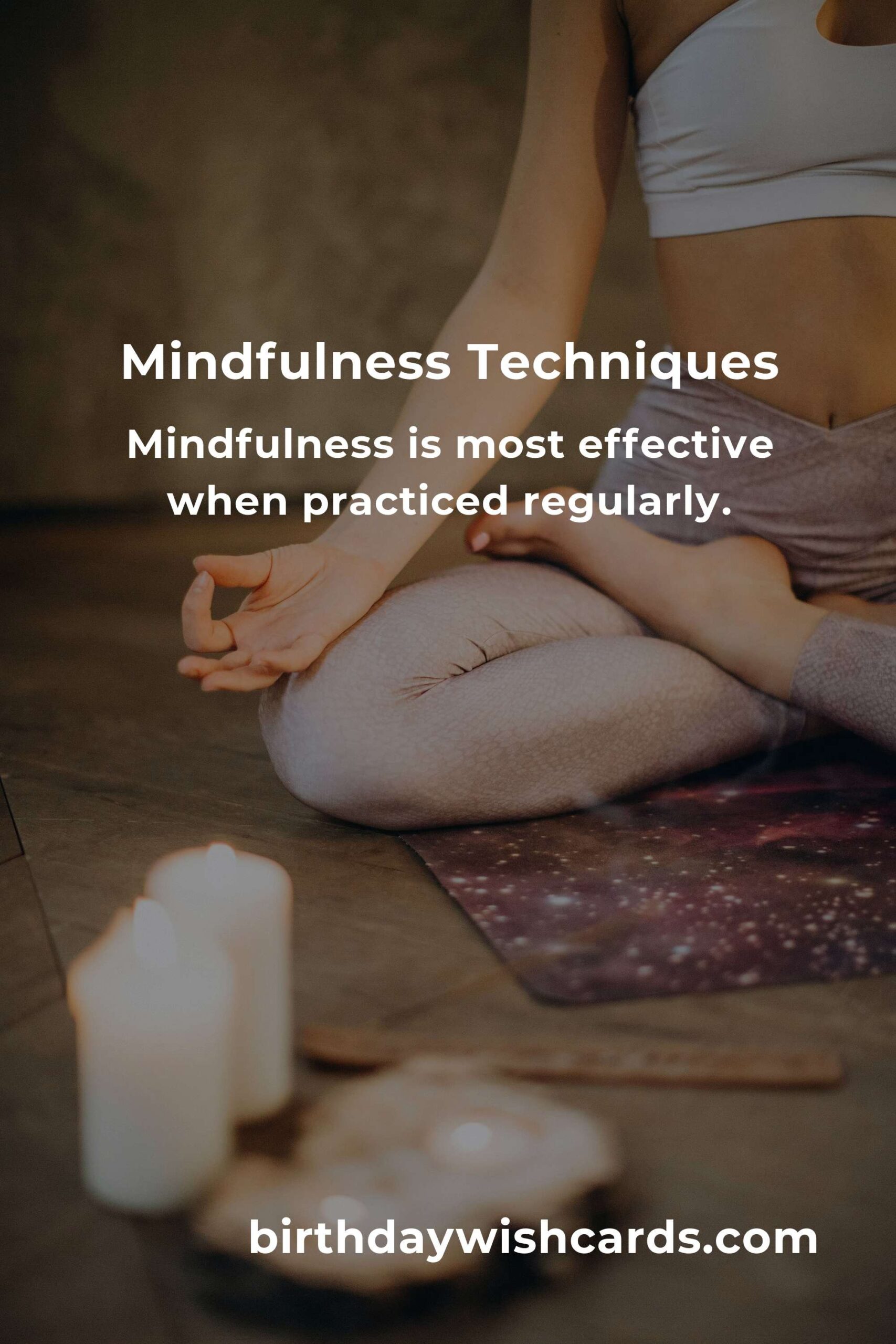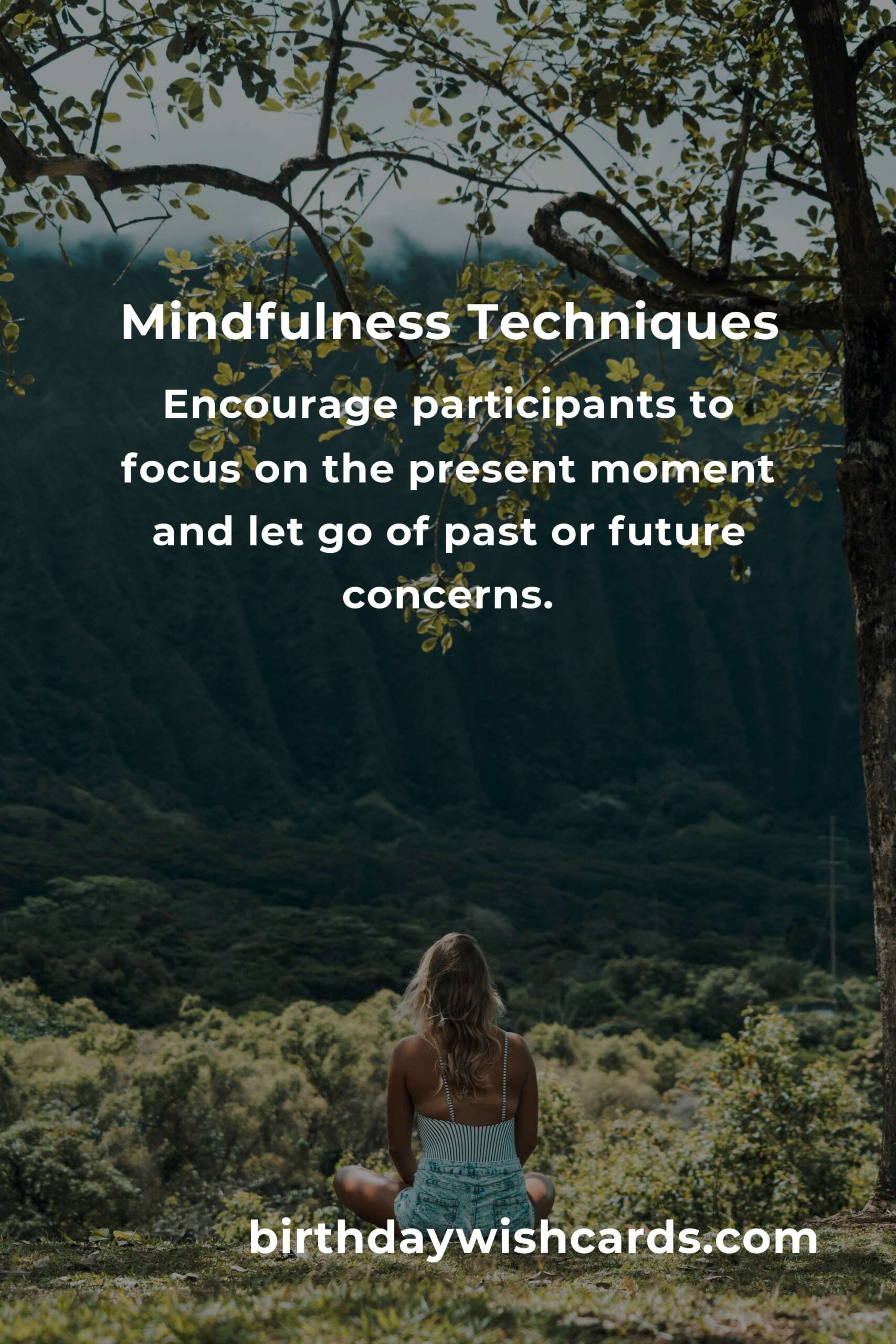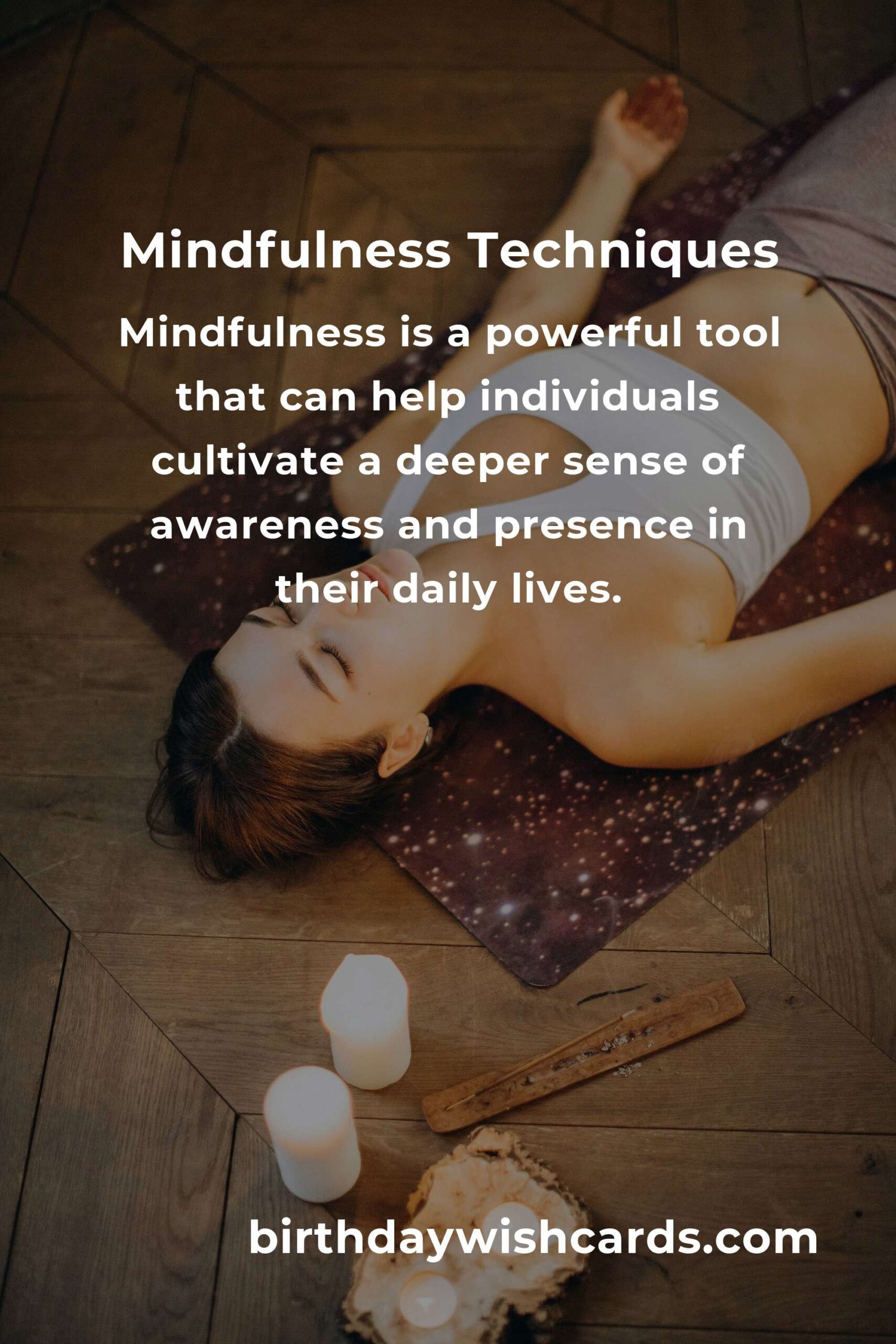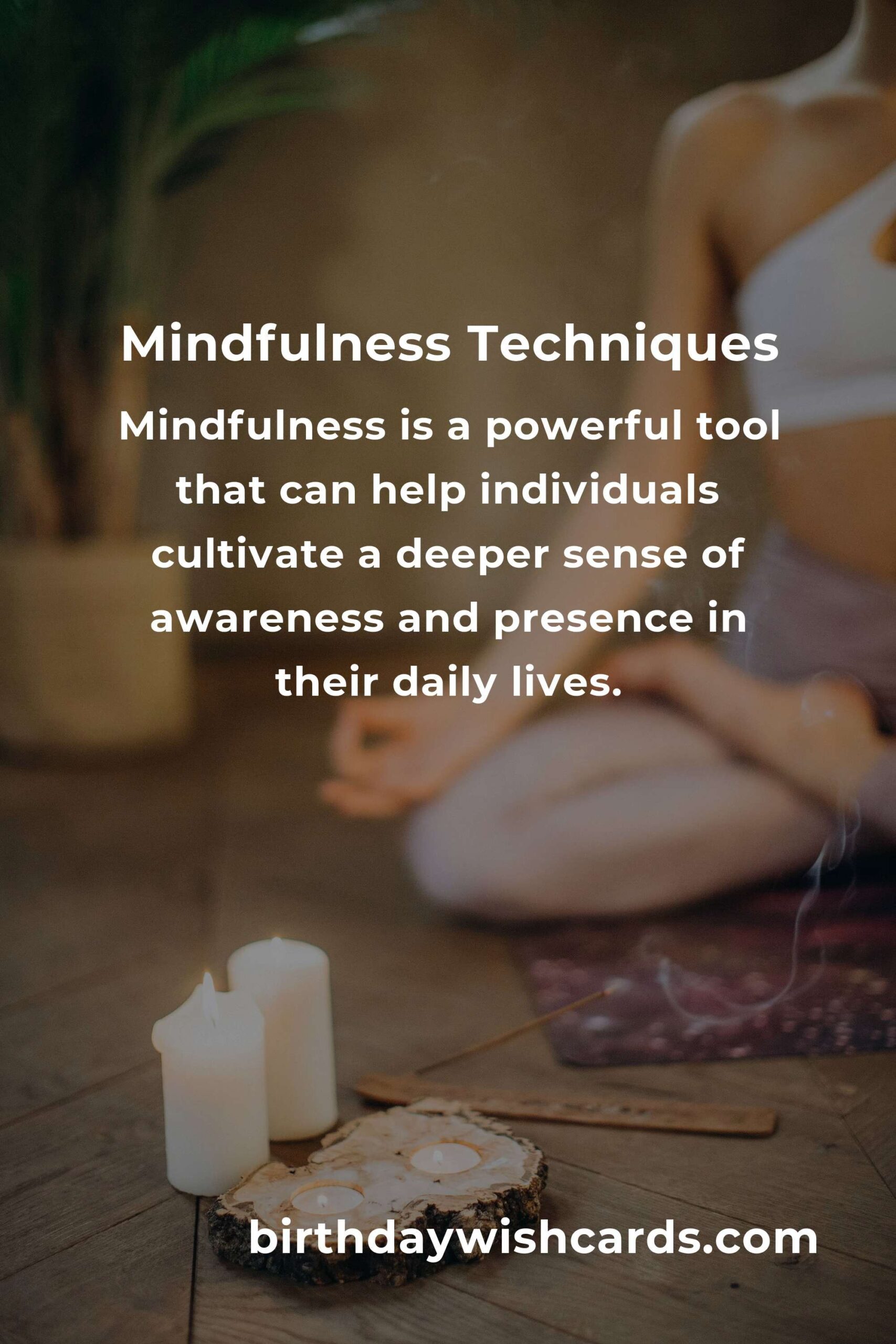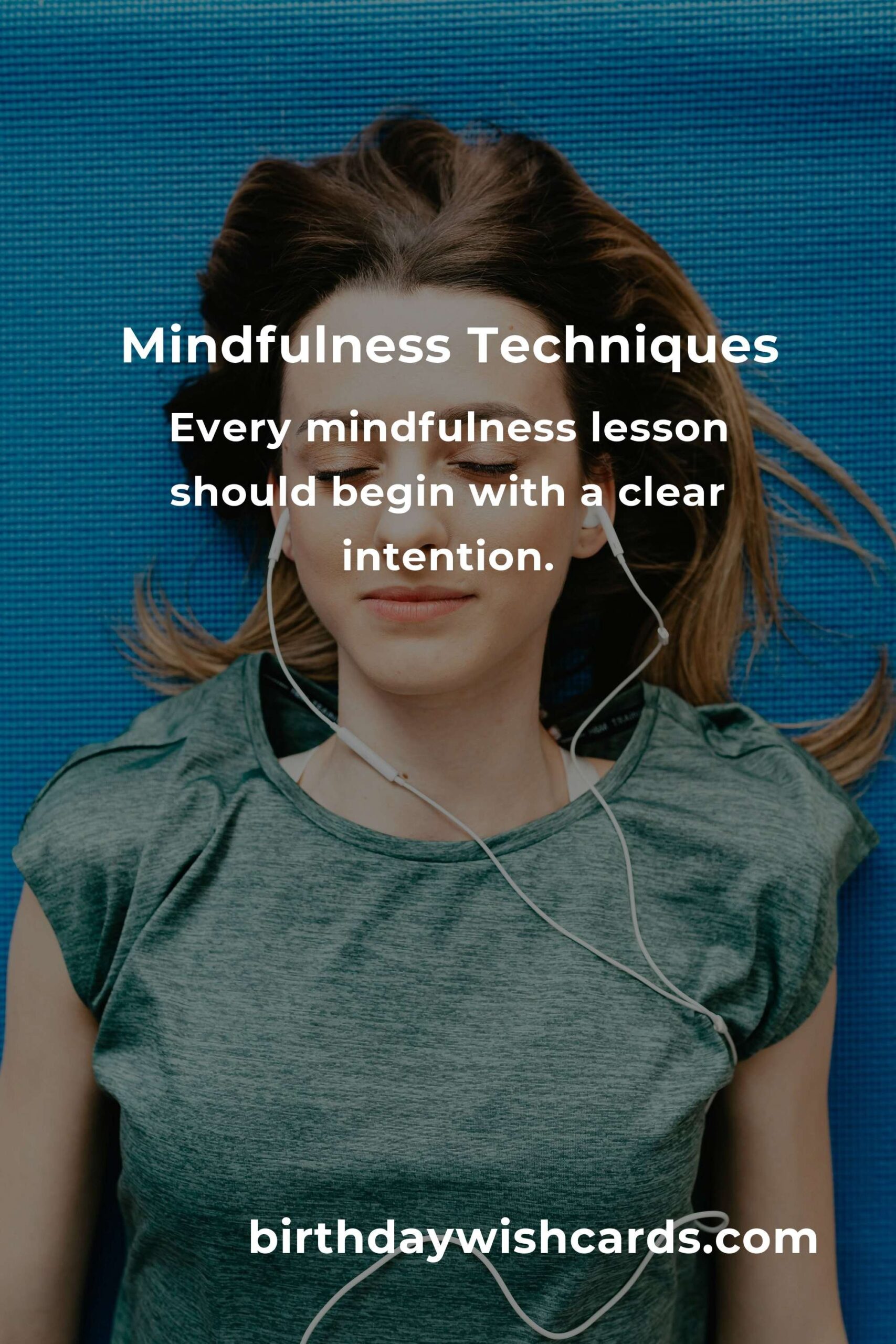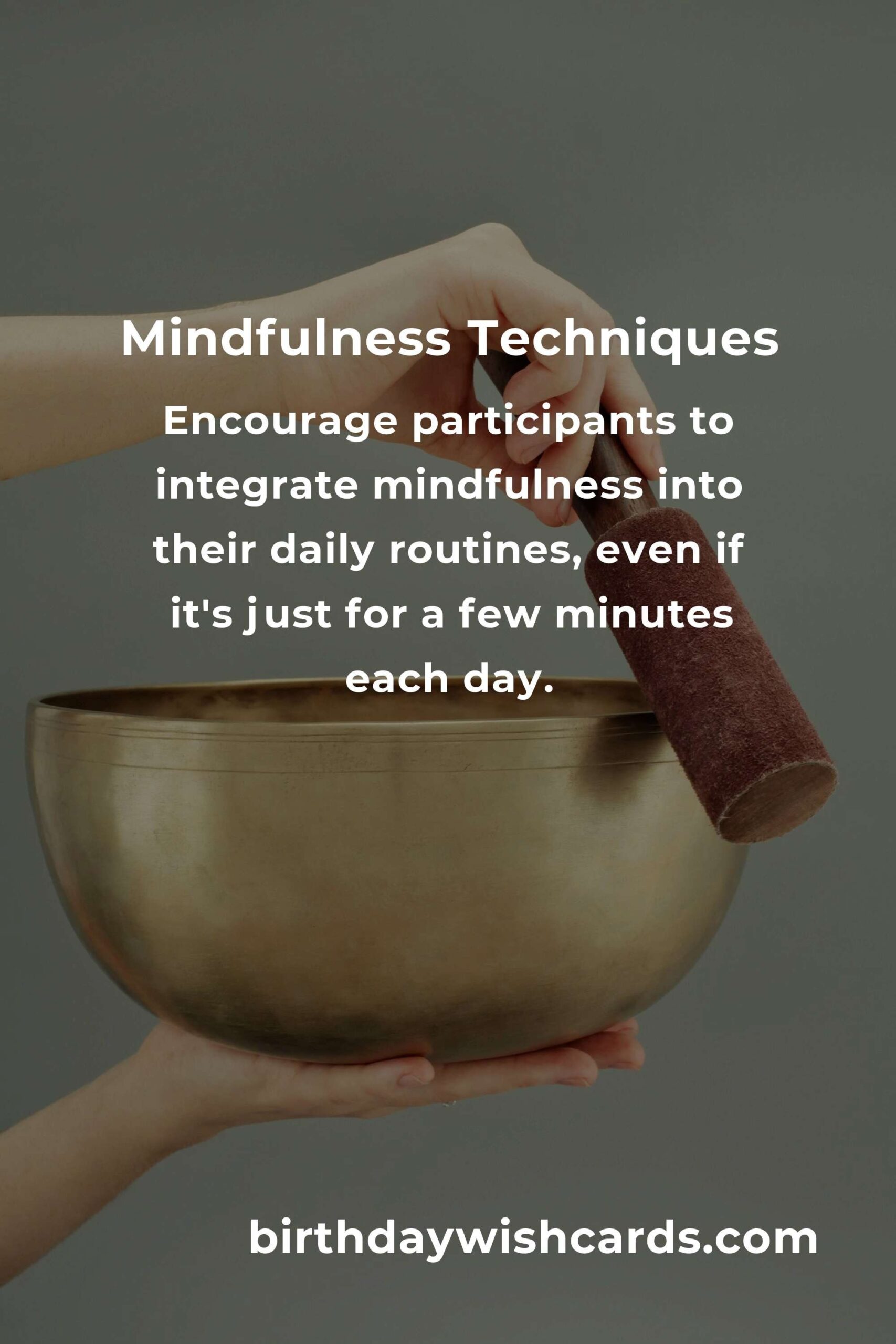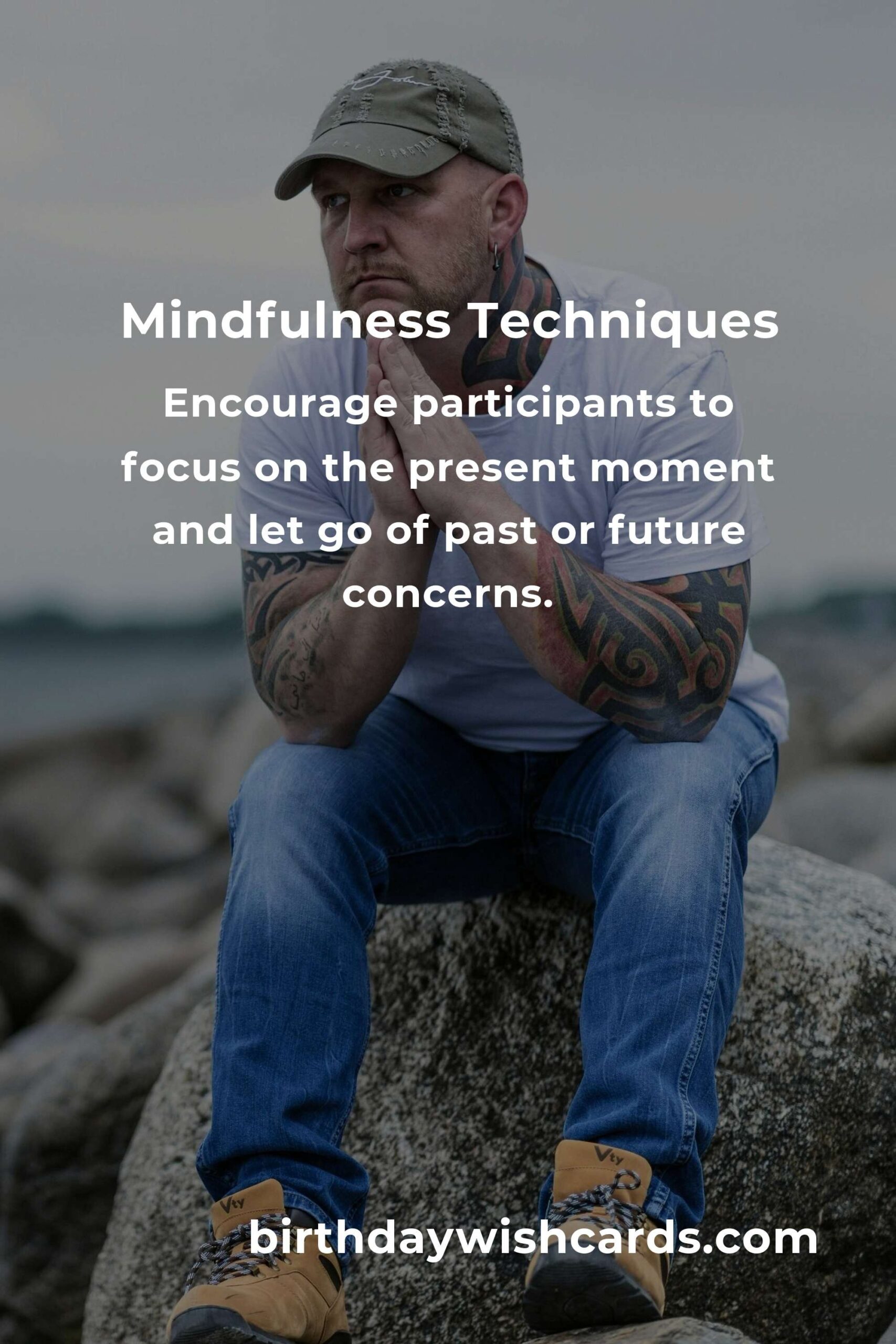
Mindfulness is a powerful tool that can help individuals cultivate a deeper sense of awareness and presence in their daily lives. Whether you’re teaching mindfulness to a group or practicing on your own, understanding the essential elements that make mindfulness lessons effective is crucial. Here are 17 tips to enhance your mindfulness lessons and ensure they are impactful and meaningful.
1. Start with a Clear Intention
Every mindfulness lesson should begin with a clear intention. This sets the stage for what participants can expect and helps them focus their attention. Consider starting your session with a brief discussion about the goals of the lesson.
2. Create a Calm Environment
The environment plays a significant role in mindfulness practice. Ensure the space is quiet and free from distractions. Soft lighting and comfortable seating can enhance the experience.
3. Encourage Regular Practice
Mindfulness is most effective when practiced regularly. Encourage participants to integrate mindfulness into their daily routines, even if it’s just for a few minutes each day.
4. Use Guided Meditations
Guided meditations can be a helpful tool for beginners. Use audio or video resources to lead participants through meditation exercises.
5. Focus on Breath Awareness
Breath awareness is a fundamental aspect of mindfulness. Teach participants to pay attention to their breathing patterns and use the breath as an anchor during meditation.
6. Introduce Body Scans
Body scans are a great way to promote relaxation and awareness. Guide participants through a body scan exercise to help them connect with their physical sensations.
7. Practice Gratitude
Gratitude practices can enhance mindfulness by shifting focus to positive aspects of life. Encourage participants to reflect on things they are grateful for.
8. Teach Compassion
Mindfulness is closely linked to compassion. Incorporate exercises that foster self-compassion and empathy towards others.
9. Use Mindful Listening Exercises
Mindful listening exercises help participants become more aware of their communication habits. Teach them to listen actively and without judgment.
10. Encourage Journaling
Journaling is a valuable tool for reflection and growth. Encourage participants to keep a mindfulness journal to record their experiences and insights.
11. Incorporate Movement
Mindful movement, such as yoga or tai chi, can enhance mindfulness practice. Incorporate gentle movements to help participants connect body and mind.
12. Set Realistic Expectations
It’s important for participants to understand that mindfulness is a journey. Set realistic expectations and remind them that progress takes time.
13. Use Visualizations
Guided visualizations can enhance the mindfulness experience. Use imagery to help participants explore new perspectives and insights.
14. Engage in Group Discussions
Group discussions can deepen understanding and foster a sense of community. Encourage participants to share their experiences and learn from one another.
15. Remind of the Present Moment
Mindfulness is about being present. Remind participants to focus on the present moment and let go of past or future concerns.
16. Provide Resources
Offer additional resources such as books, articles, and apps to support participants’ mindfulness journey outside of class.
17. Lead by Example
As a mindfulness instructor, your behavior sets the tone for the class. Lead by example and embody mindfulness in your teaching.
By incorporating these 17 tips into your mindfulness lessons, you can create a nurturing environment where participants can learn and grow. Mindfulness is a lifelong journey, and with the right guidance, you can help others discover its profound benefits.
Mindfulness is a powerful tool that can help individuals cultivate a deeper sense of awareness and presence in their daily lives. Every mindfulness lesson should begin with a clear intention. Encourage participants to integrate mindfulness into their daily routines, even if it’s just for a few minutes each day. Mindfulness is most effective when practiced regularly. Encourage participants to focus on the present moment and let go of past or future concerns.
#Mindfulness #Meditation #Wellness #MentalHealth #MindfulnessTips


